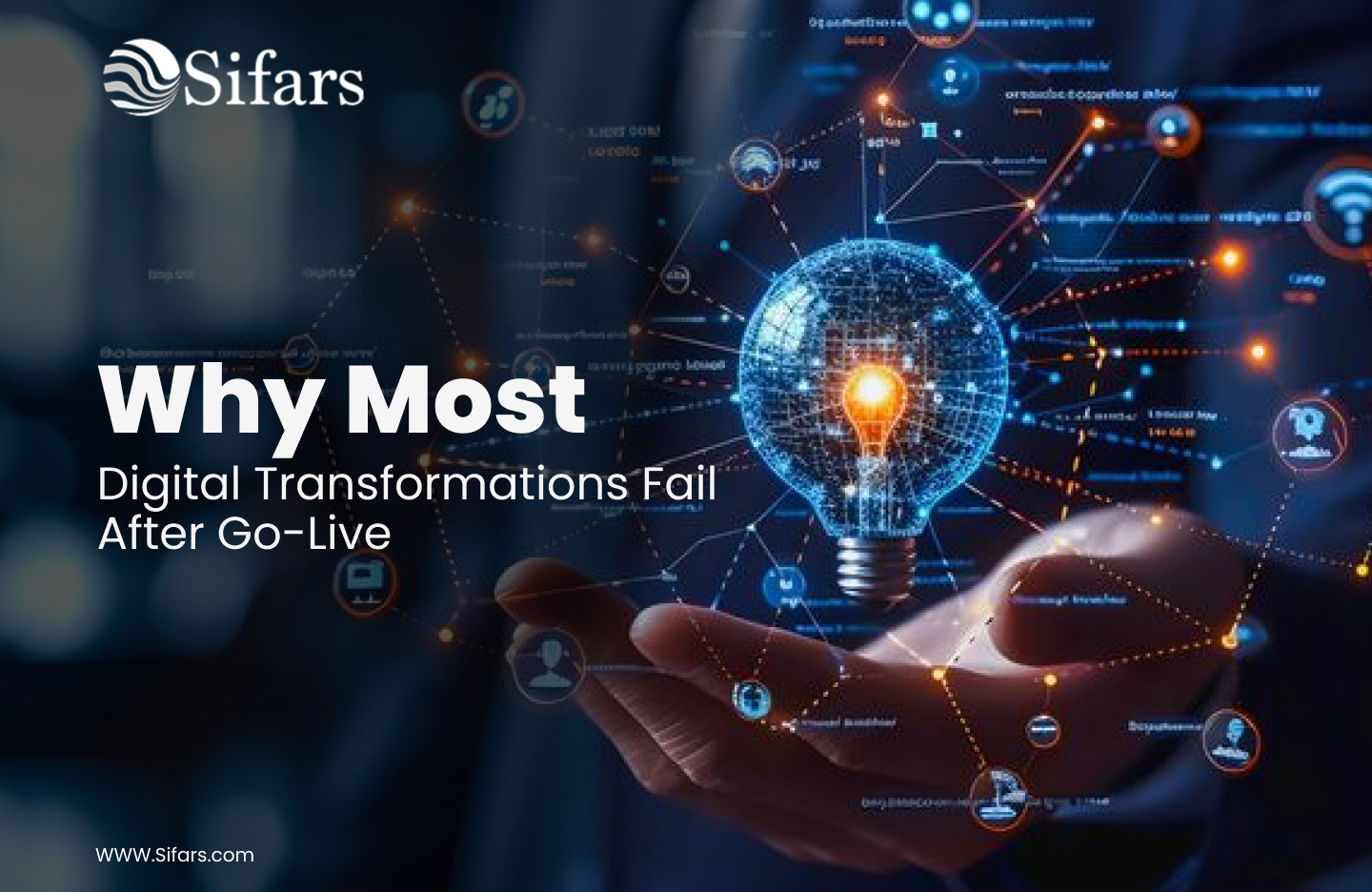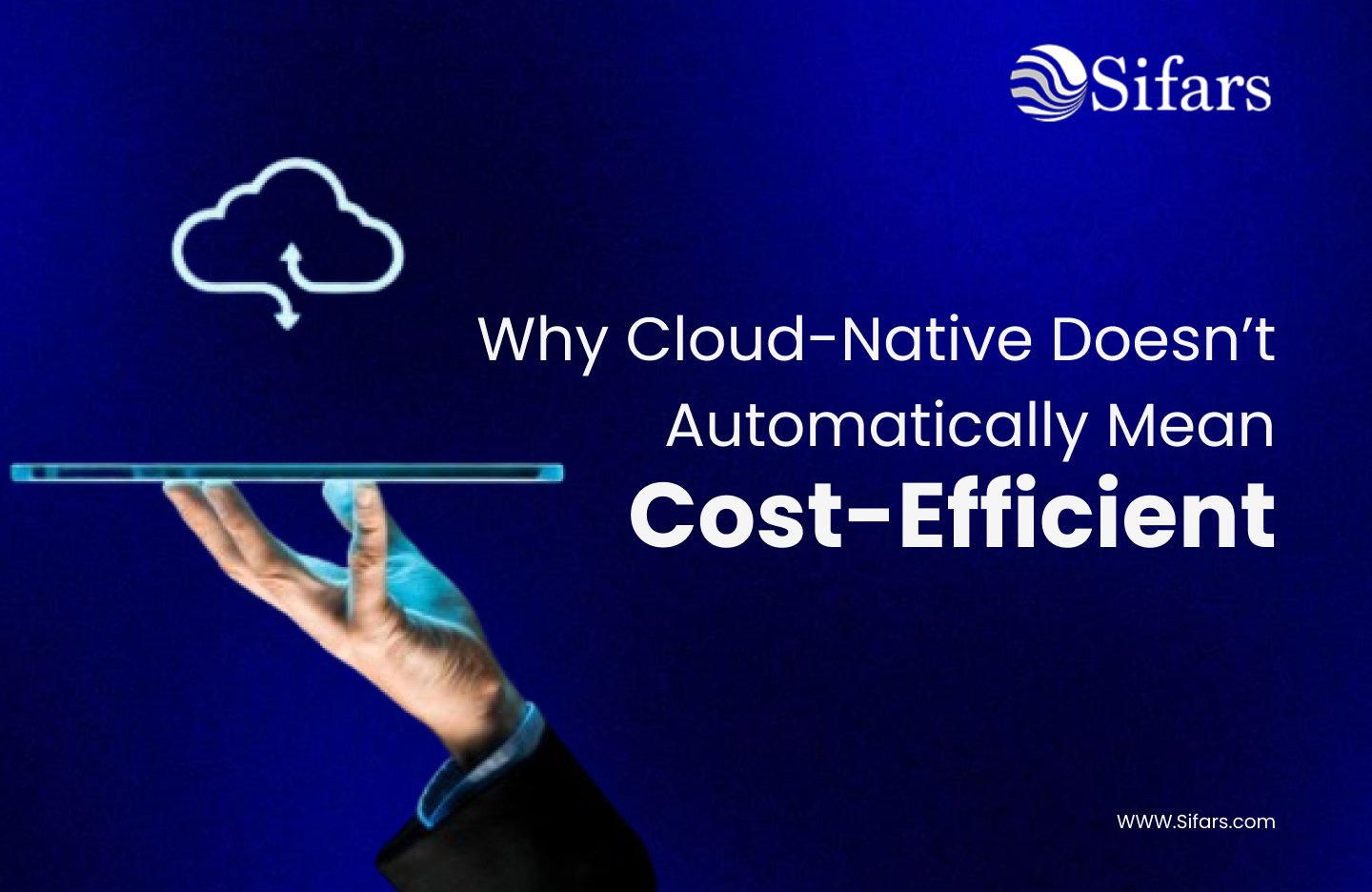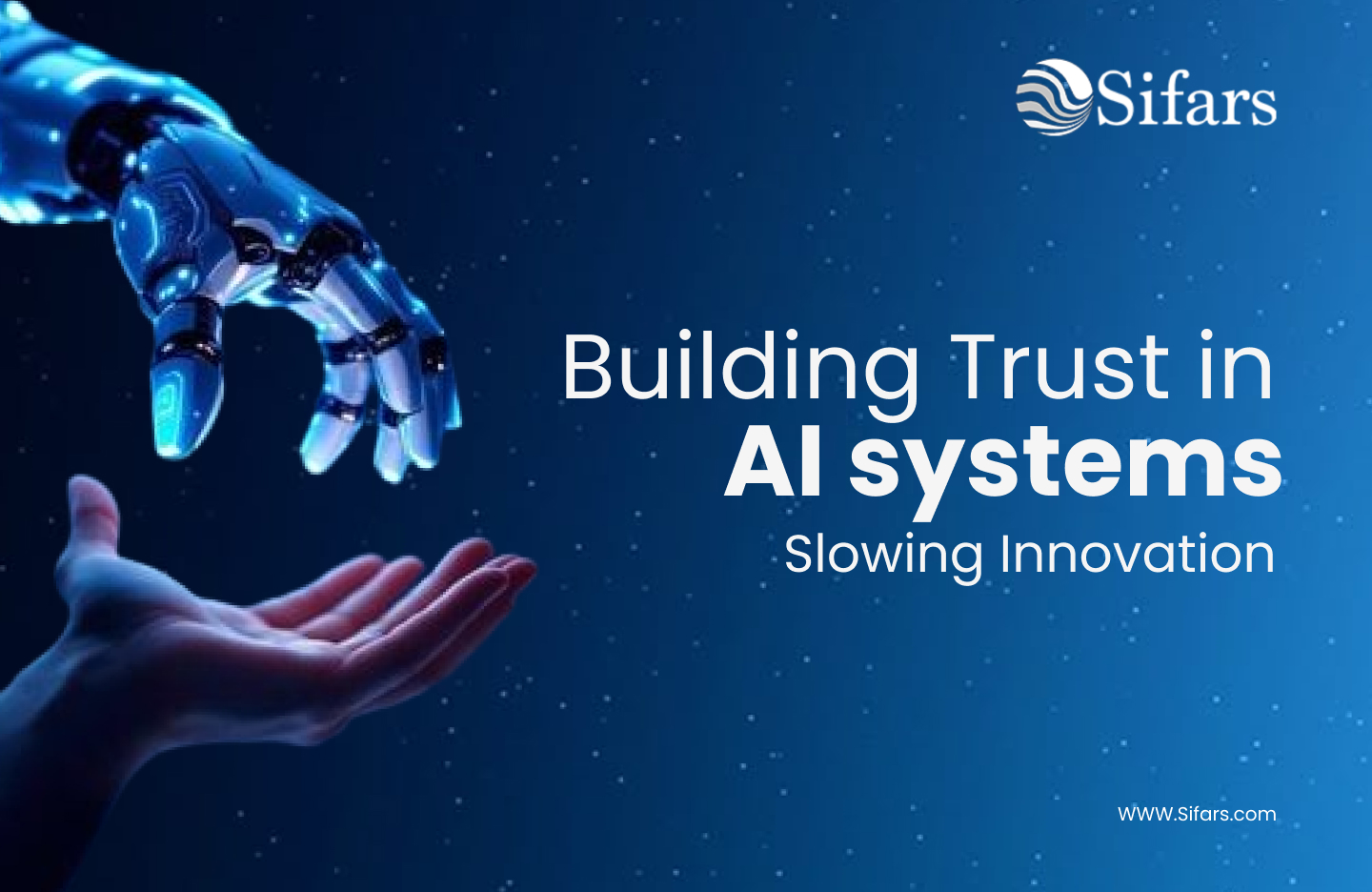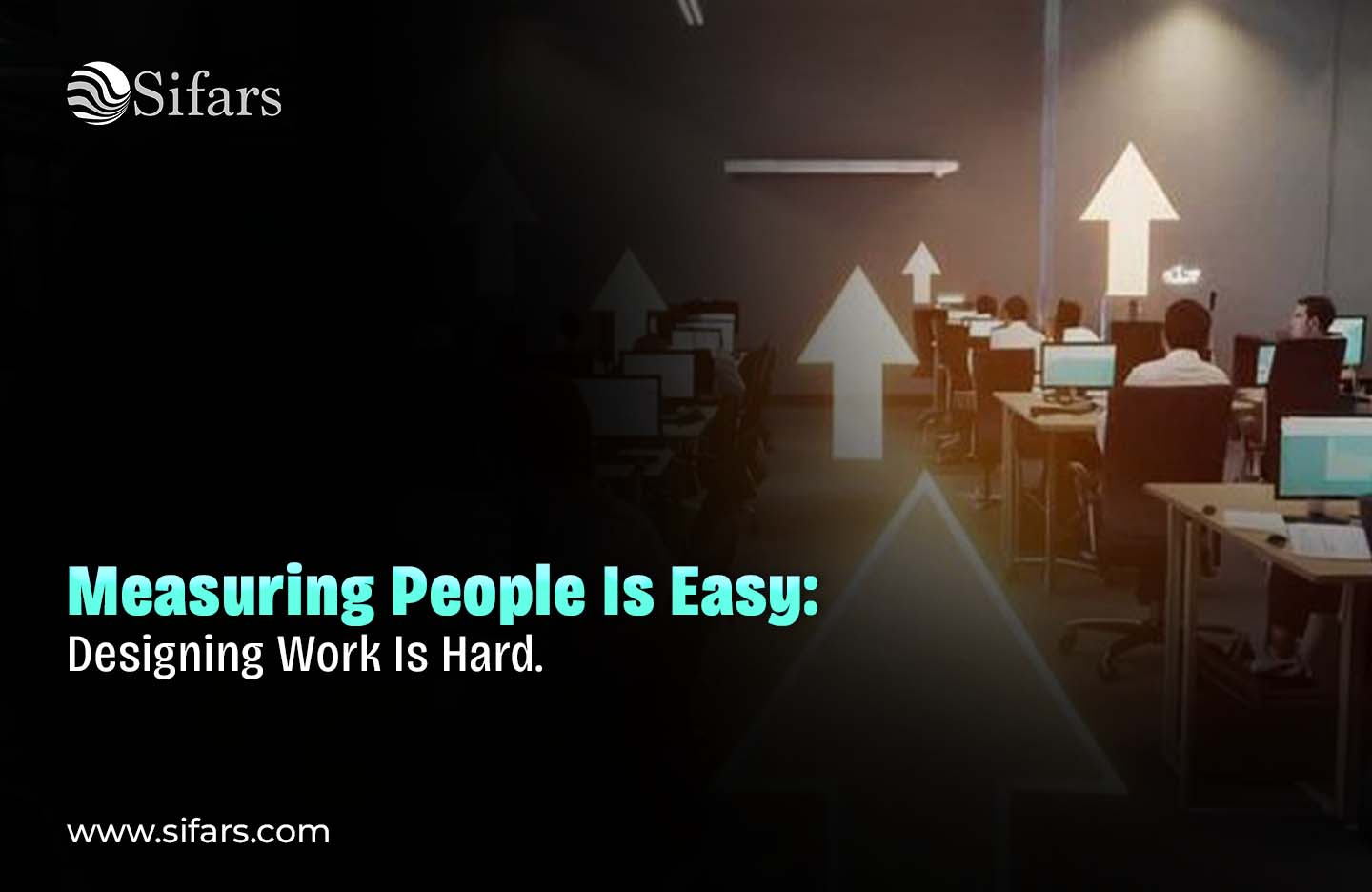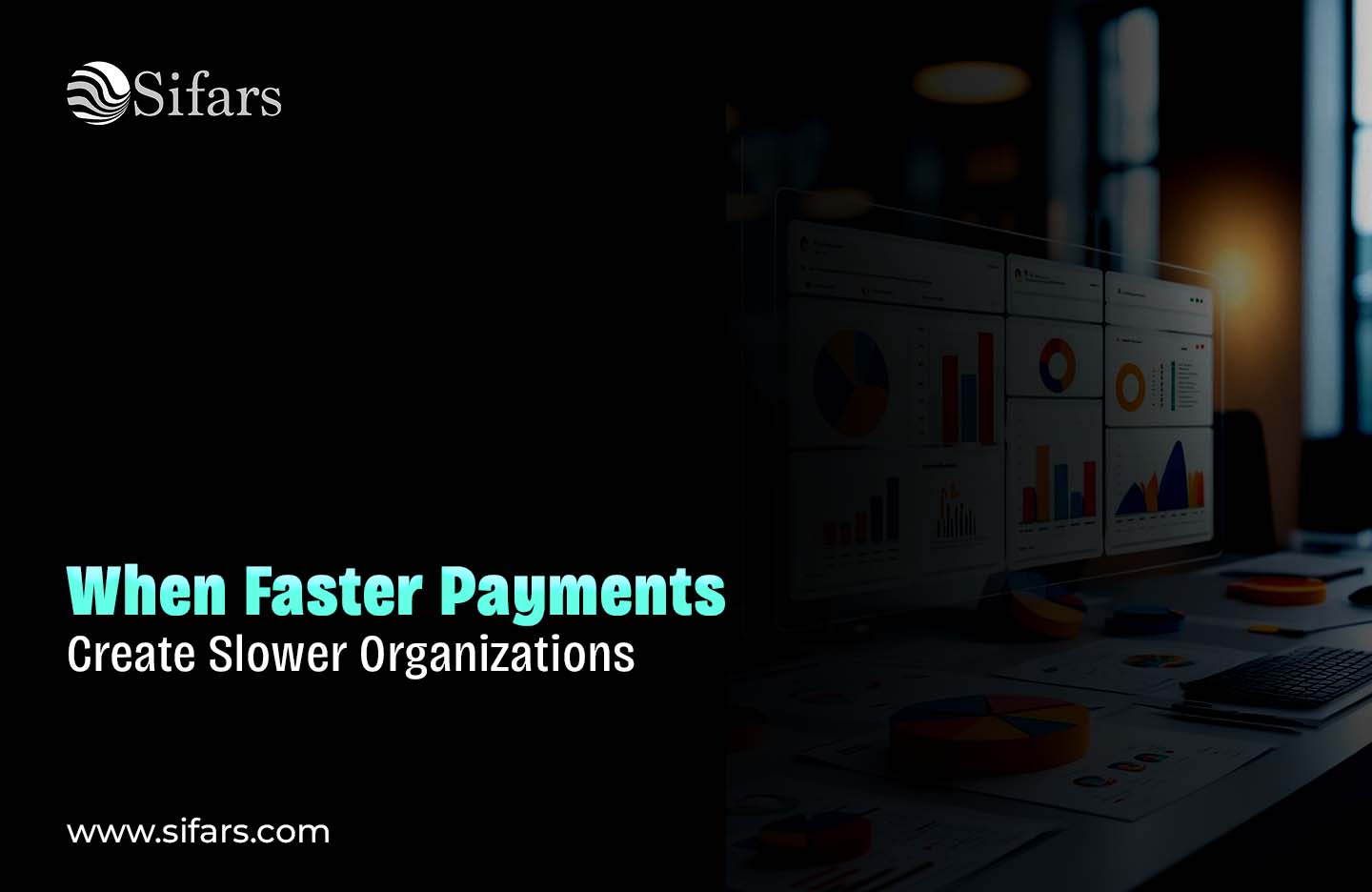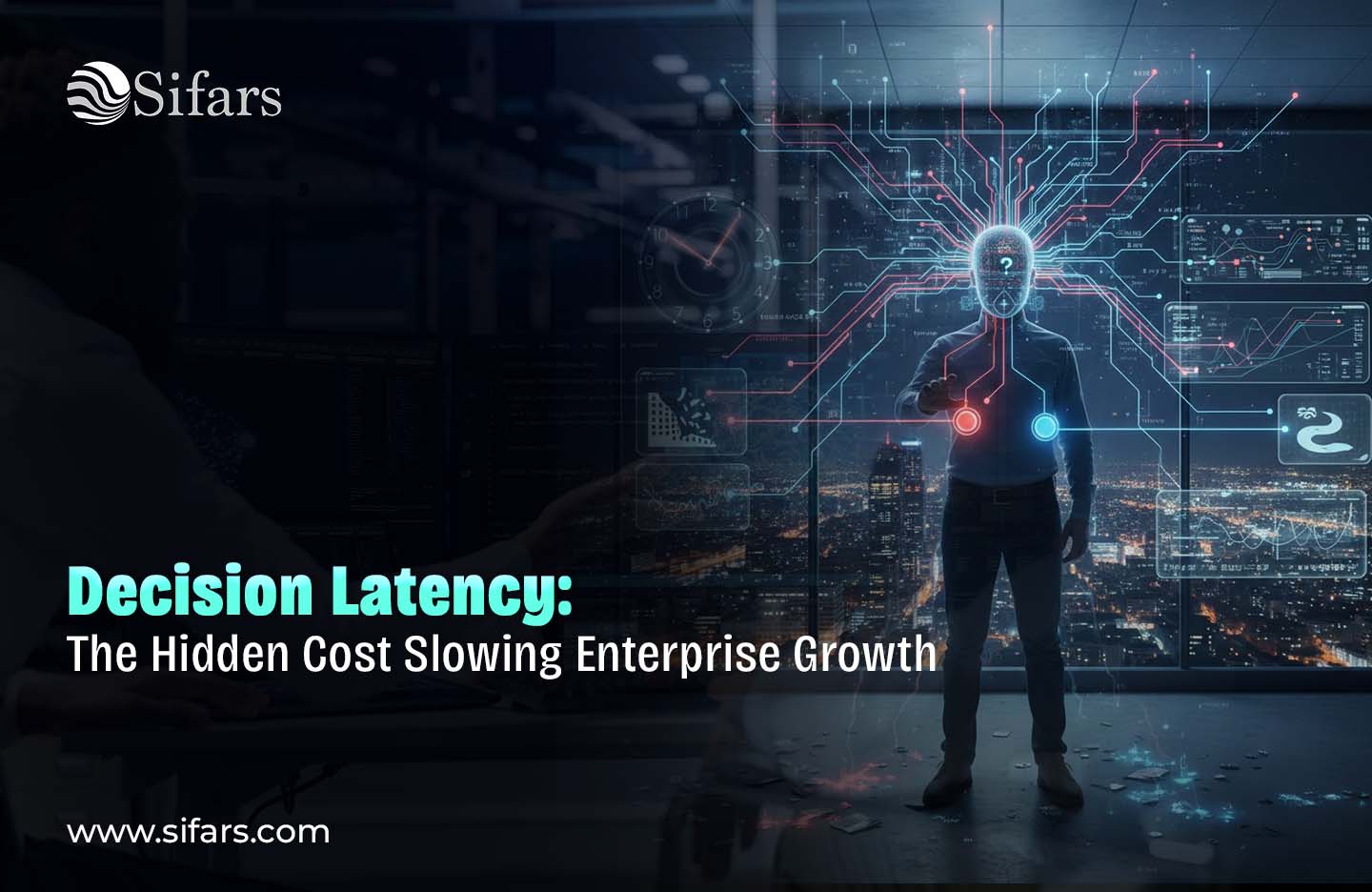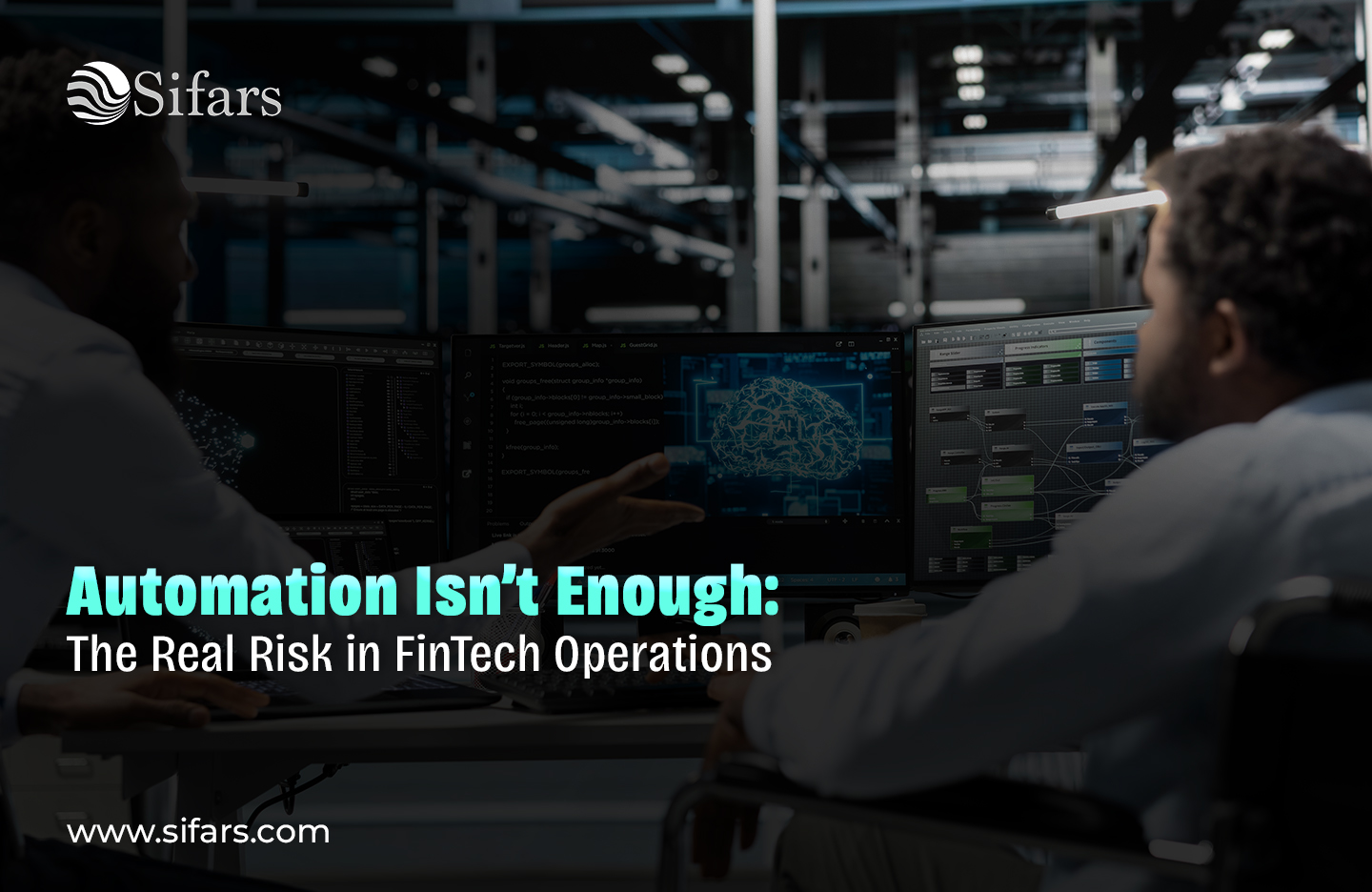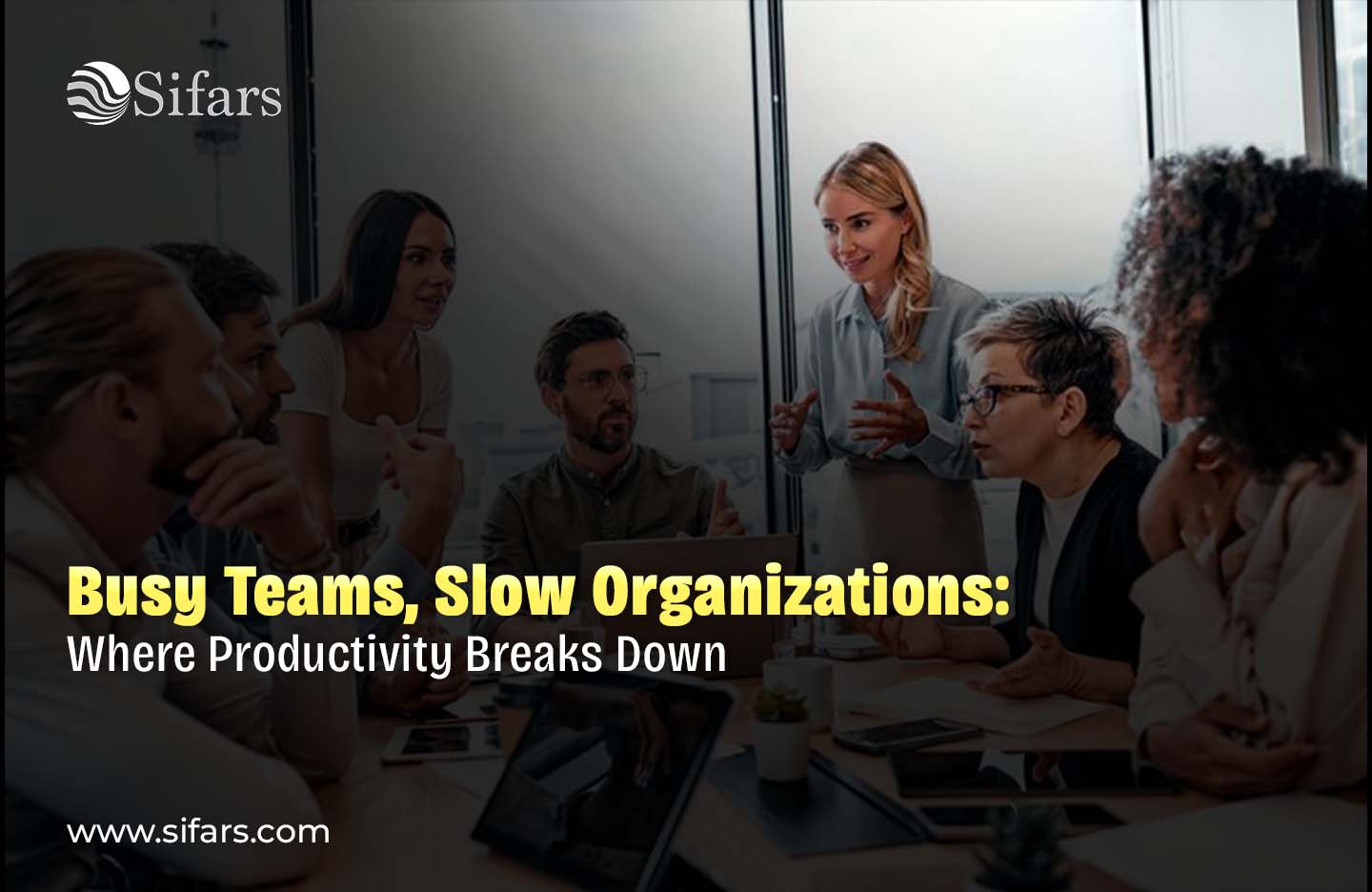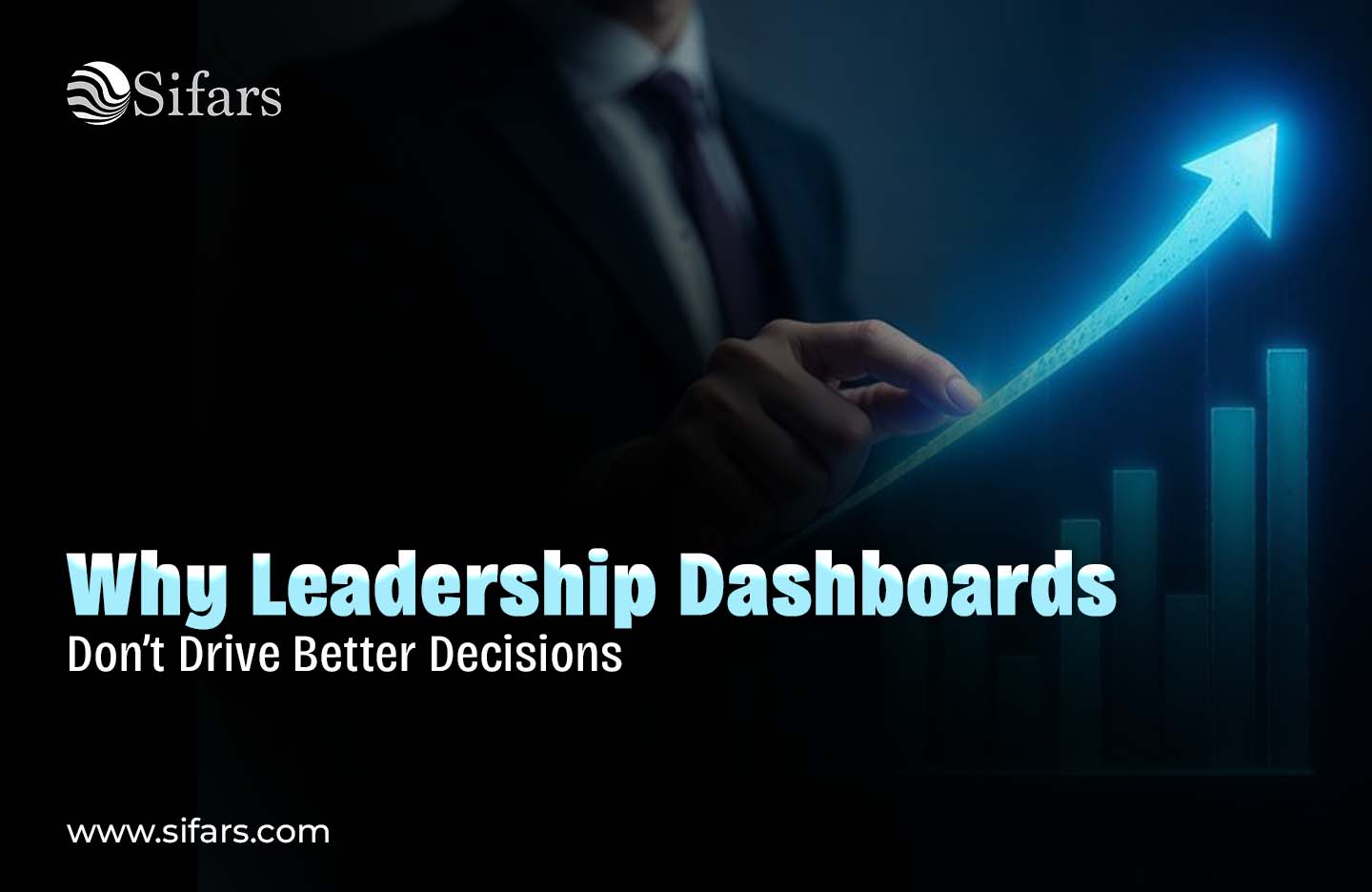For most companies go-live is seen as the end point of digital transformation. Systems are rolled out, dashboards light up, leadership rejoices and teams get trained. On paper, the change is total.
But this where failure typically starts.
Months after go-live, adoption slows. Workarounds emerge. Business outcomes remain unchanged. Something that was supposed to be a step-change quietly becomes yet another overpriced system people endure, rather than rely on.
Few digital transformations fail because of technology.
They don’t work because companies mistake deployment for transformation.
The Go-Live Illusion
Go-live feels definitive. It is quantifiable, observable and easy to embrace. But it stands for just one thing: the system now exists.
But systems do not make transformation happen. It’s about the ways work changes because the system is there.
For most programs, the technical readiness is where it ends:
- The platform works
- Data is migrated
- Features are enabled
- SLAs are met
Operational readiness is seldom tested-Does the organization really know how to work differently (or more often the same) on day one post go?
Technology Changes Faster Than Behavior
Digital transformations take for granted that when tools are in place, behavior will follow. In fact, behavior lags software by a distance greater than the space between here and Mars.
People return to what they already know how to do, when:
- Releases for new workflows feel slower or more risky
- Accountability becomes unclear
- Exceptions aren’t handled well
- The system is in fact introducing, rather than eliminating, friction.
When roles, incentives and decision rights aren’t intentionally redesigned, in fact, teams just throw old habits around new tools. The transformation becomes cosmetic.
The system changes. The organization doesn’t.
Design of Process is as a Side Work
A lot of these are just turning analog processes into digital ones, without necessarily asking whether those analog processes make sense anymore.
Instead, legacy inefficiencies are automated not eradicated. Approval layers are maintained “for security.” Workflows are drawn like org charts, not results.
As a result:
- Automation amplifies complexity
- Cycle times don’t improve
- Coordination costs increase
- They work harder to manage the system.
Technology only exposes what is actually a problem, when the processes aren’t working.
Ownership Breaks After Go-Live
During implementation, ownership is clear. There are project managers, system integrators and steering committees. Everyone knows who is responsible.
After go-live, ownership fragments.
- Who owns system performance?
- Who owns data quality?
- Who owns continuous improvement?
- Who owns business outcomes?
Implicit screw you there in the lack of post-launch ownership. Enhancements stall. Trust erodes. The result is that in the end it becomes “IT’s problem” rather than a business capability.
Nobody is minding the store, so digital platforms rot.
Success Metrics Are Backward-Looking
Most of these transformations define success in terms of delivery metrics:
- On-time deployment
- Budget adherence
- Feature completion
- User logins
Those are decisions metrics and they don’t do anything to tell you if this action improved decisions, decreased effort or added illimitable value.
When leadership is monitoring activity, not impact, teams optimize for visibility. Adoption is thus coerced rather than earned. The organization is changing — just not for the better.
Change Management Is Underestimated
Pulling a training session or writing a user manual is not change management.
Real change management involves:
- Redesigning how decisions are made
- Ensuring that new behaviors are safer than old ones
- Cleaning out redundant and shadow IT systems
- By strengthening use from incentives and managerial behavior
Without it, workers regard new systems as optional. They follow them when they need to and jump over them when pushed.
Transformation doesn’t come from resistance, but from ambiguity.
Digital Systems Expose Organizational Weaknesses
Go-live tends to expose problems that were prior cloaked in shadow:
- Poor data ownership
- Conflicting priorities
- Unclear accountability
- Misaligned incentives
Instead of fixing this problems, companies blame the tech. Confidence drops, and momentum fades.
But it’s not the system that’s the problem — it’s the mirror.
What Successful Transformations Do Differently
Organizations that realize success after go-live treat transformation as an ongoing muscle, not a one-and-done project.
They:
- How to design the workflow around outcomes instead of tools
- Assign clear post-launch ownership
- Govern decision quality, not just system usage
- Iterate on programs from actually trying them out
- Embed technology into the way work is done
Go-live, in fact, is the start of learning, not the end of work.
From Launch to Longevity
Digital transformation is not a systems installation.
It’s about changing the way an organization works at scale.
If companies do fail post go-life, it’s almost never because of the technology. That’s because the body ceased converting prematurely.
The work is only starting once the switch flips.
Final Thought
A successful go-live demonstrates that technology can function.
A successful transformation is evidence that people are going to work differently.
Organizations that acknowledge this difference transition from digital projects to digital capability — and that is where enduring value gets made.
Connect with Sifars today to schedule a consultation
